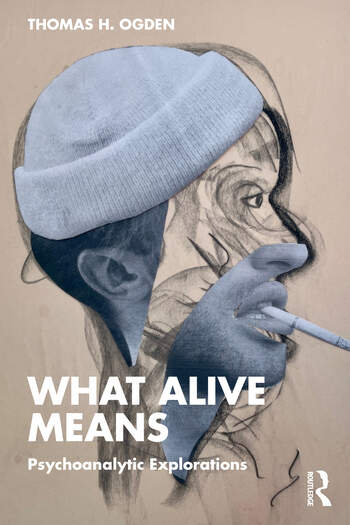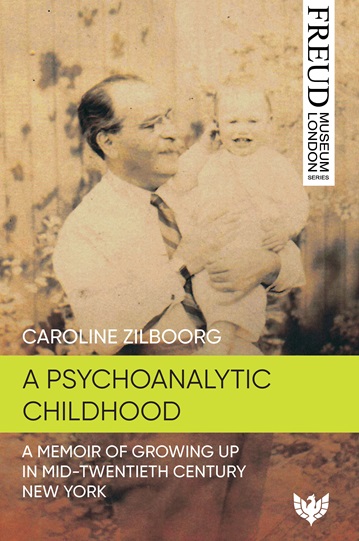Karl Abraham: The Birth of Object Relations Theory

Book Details
- Publisher : Routledge
- Published : May 2014
- Cover : Paperback
- Pages : 368
- Category :
Psychoanalysis - Category 2 :
Selected Fiction, Biography and Memoir - Catalogue No : 34946
- ISBN 13 : 9781782200871
- ISBN 10 : 1782200878
There are currently no reviews
Be the first to review
Together with Ferenczi, Karl Abraham was perhaps Freud’s most creative and devoted disciple. In this book, after outlining the socio-cultural context of the day, Isabel Sanfeliu examines Abraham’s life as a student, his family environment and his first steps as a physician and psychoanalyst.
As a clinical doctor Abraham was calm and detached, and a good example of a stable and objective analyst. Despite his strong personality, his loyalty towards Freud never wavered. At the pioneering Psychoanalytic Institute which he founded and directed in Berlin, he established a series of professional standards which are still observed today. The present book is organised around an examination of Abraham's psychoanalytic work, according to his different fields of interest, before going on to consider his rigorously conducted clinical research.
Abrahams's findings regarding the positive role of aggression in the development of the baby constitutes one of his original theories, as does the establishment of boundaries with the onset of object love. Abraham was undoubtedly influenced by his experiences with psychotic and highly dysfunctional patients. Not only did he observe the discharge function of the mother, but also her structuring dimension. It is in this sense that Abraham can be regarded as the pioneer of object relations theory, much before this psychoanalytic concept was given its name.
Reviews and Endorsements
‘Karl Abraham was one of the earliest psychoanalysts. His contribution is an enormous but neglected achievement. He was responsible for the ideas, but most especially the observations and practice, of the object relations approach, long before the approach was fully conceived. It was his innovative recording of his patients’ internal objects and the fate of those objects under the pressures of projection and introjection that started the movement away from pure “drive theory”.
Abraham died young, in 1925, which is no doubt responsible for the neglect that has placed him, his work, and his originality in the shadows. It was an unfortunate fate that is now being rectified by this book, which restores Abraham to the principal place he has deserved for so long. Isabel Sanfeliu has created a really accessible conceptual biography, detailing the clinical journey of Abraham’s career from his early training at the Burgholzli Hospital with Eugen Bleuler and Carl Jung, to being the pre-eminent psychoanalyst in Germany in the 1920s. He was the destination for many younger people wishing to train with him in the psychoanalysis that was developing after World War One. Not least of those were the generation that included James and Edward Glover, Alix Strachey, and, of course, Melanie Klein. His life is truly that of a psychoanalytic celebrity.’
—R. D. Hinshelwood, Professor of Psychoanalysis at the Centre for Psychoanalytic Studies, University of Essex
About the Author(s)
Isabel Sanfeliu, PhD, is a psychologist, psychoanalyst, a member of Espace Analytique (Paris) and President of SEGPA (Spanish Society for the development of Psychoanalysis and Group Psychotherapy), and editor of Clínica y análisis grupal.
Customer Reviews
Our customers have not yet reviewed this title. Be the first add your own review for this title.
You may also like
A Psychoanalytic Childhood: A Memoir of Growing up in Mid-Twentieth-Century New...
Caroline Zilboorg
Price £22.49
save £2.50







